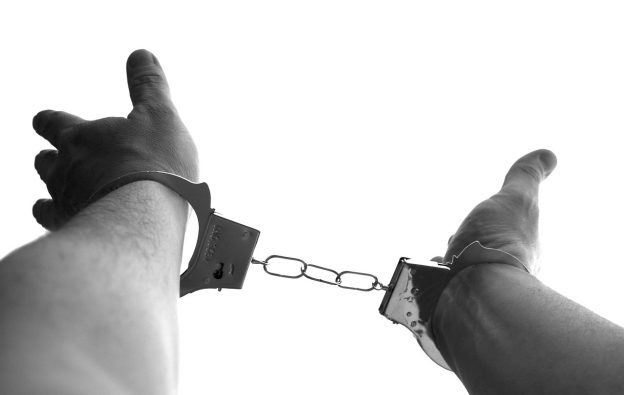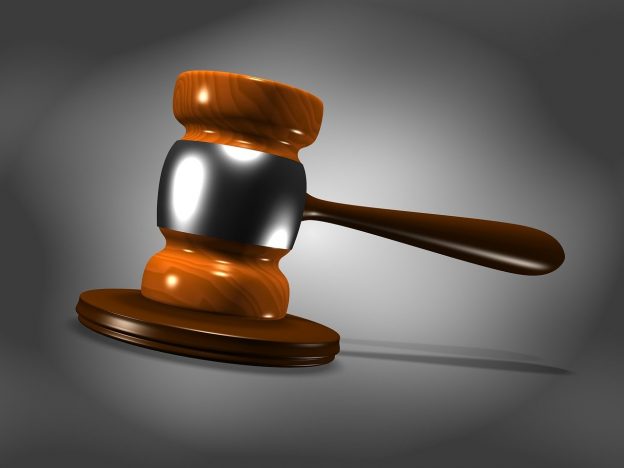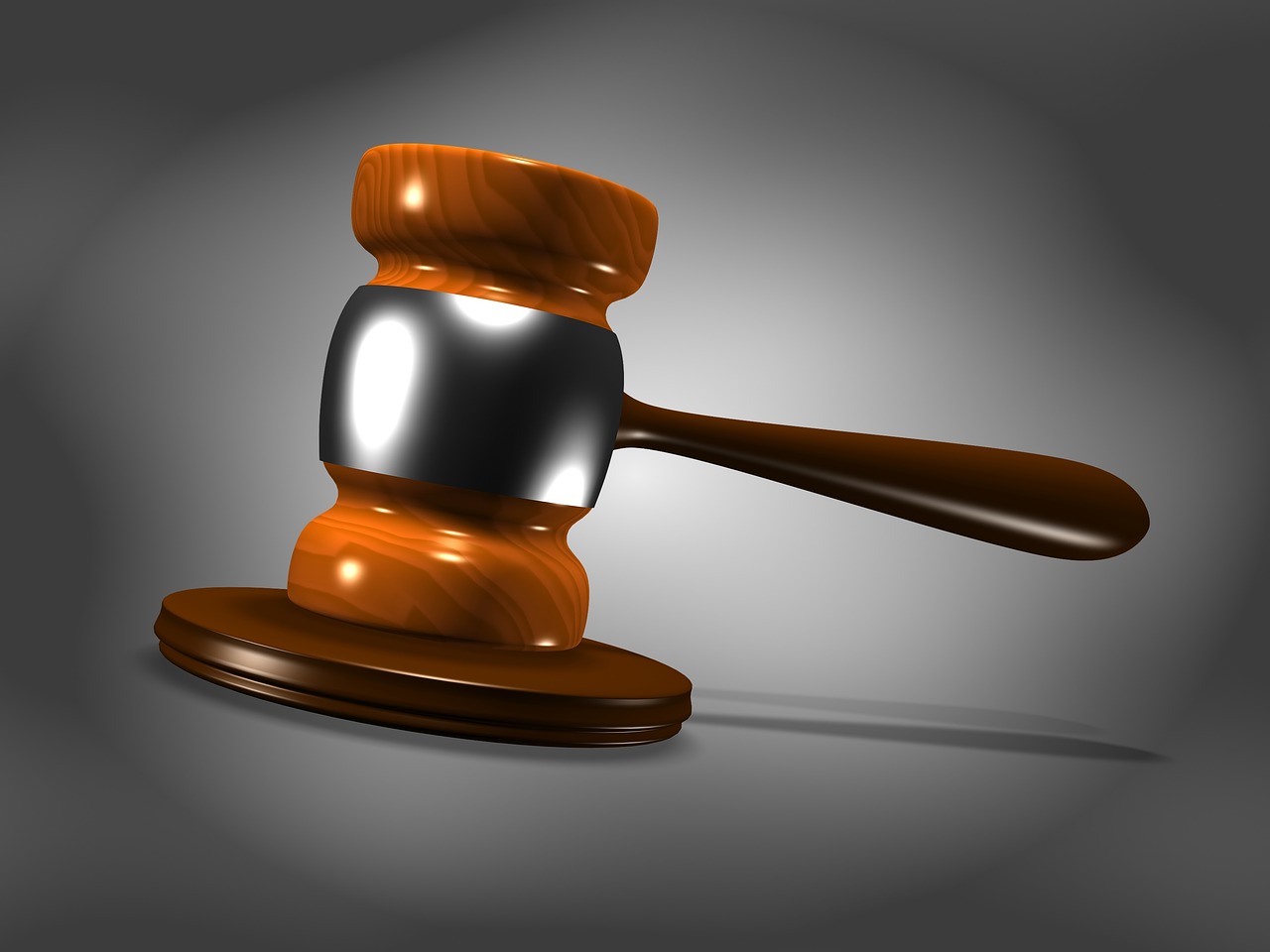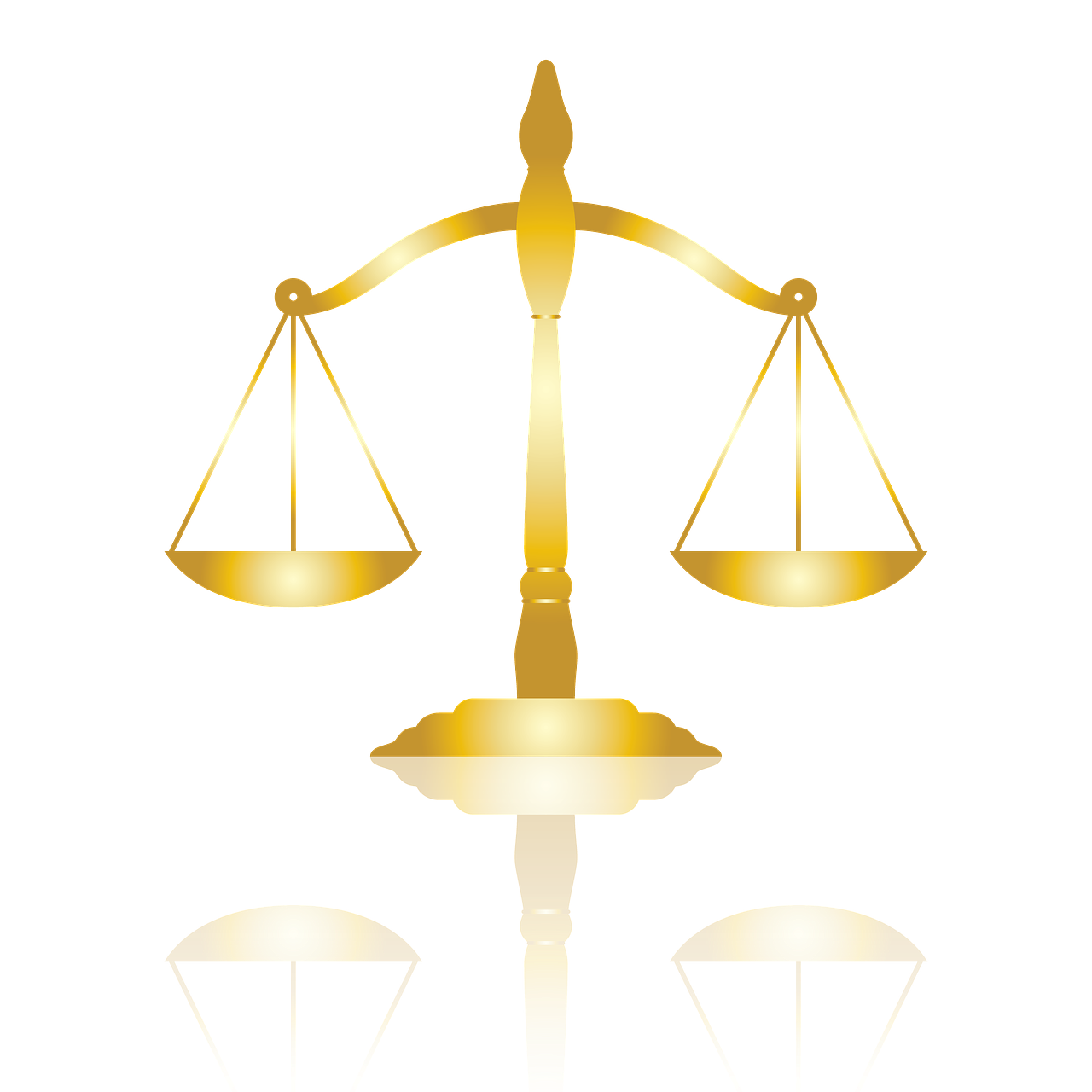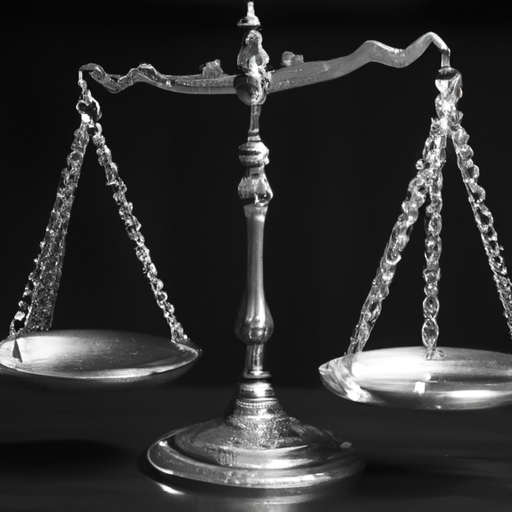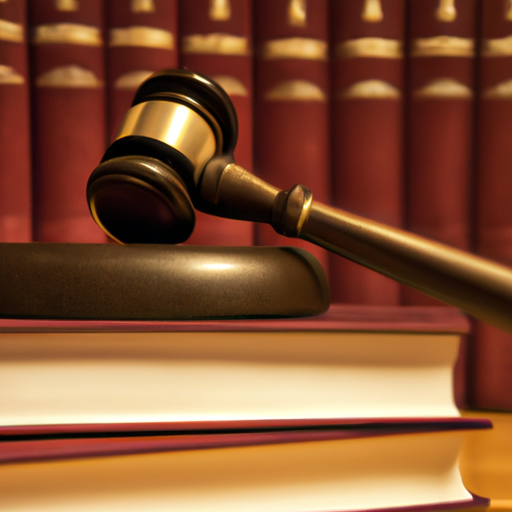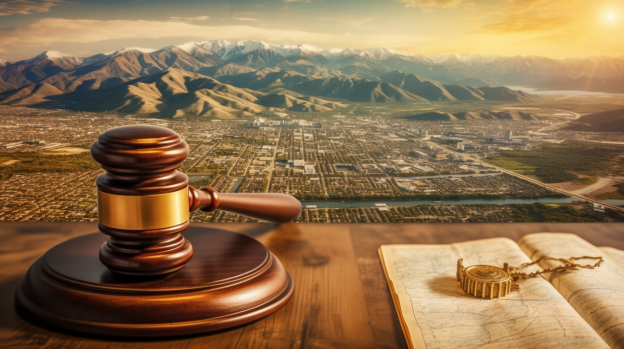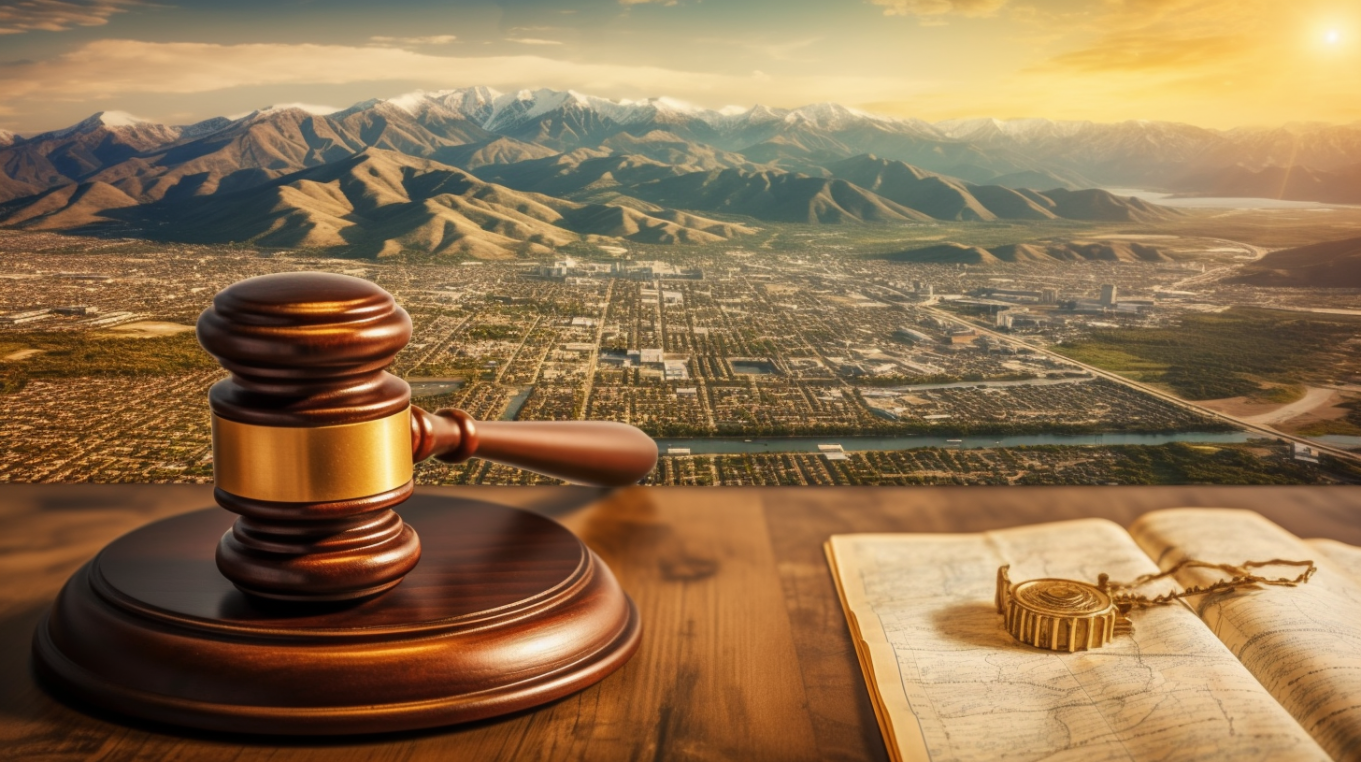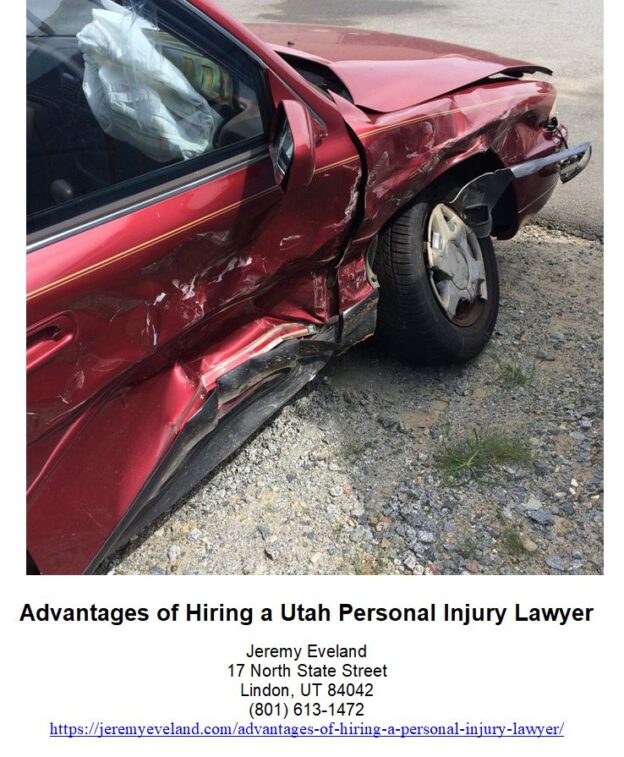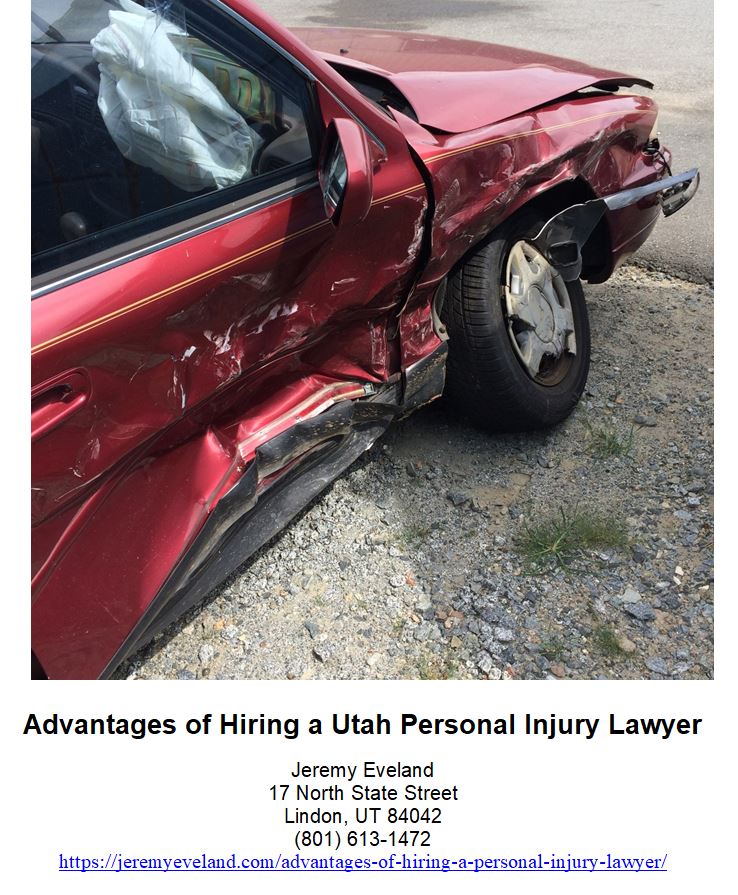In the realm of criminal law, the concept of criminal punishment is of utmost importance. Whether you are an individual facing criminal charges or a business owner seeking legal guidance, understanding the consequences of criminal acts is crucial. In this article, we will explore the various aspects of criminal punishment, from determining guilt or innocence to the potential penalties and repercussions that one may face. By delving into frequently asked questions and providing concise yet informative answers, our aim is to equip readers with valuable knowledge and insights. Should you require further assistance or consultation regarding criminal matters, we urge you to contact our esteemed lawyer, who specializes in representing businesses and their owners, and has a proven track record of providing exceptional legal support and guidance.
Criminal Punishment
Criminal punishment is a fundamental aspect of the legal system that aims to maintain social order and deter individuals from engaging in criminal behavior. It is administered to those found guilty of committing crimes and serves various purposes, including retribution, deterrence, rehabilitation, incapacitation, and restitution. This comprehensive guide will explore the different types of criminal punishment, the factors considered in sentencing, the goals of criminal punishment, alternative forms of punishment, international perspectives, critics and effectiveness, and public opinion. Whether you are seeking legal guidance or interested in understanding the intricacies of criminal punishment, this article provides valuable insights into this complex area of law.
Overview of Criminal Punishment
Definition of Criminal Punishment
Criminal punishment refers to the legal consequences imposed by society on individuals who have been found guilty of committing criminal offenses. It is the system of sanctions and penalties used to hold individuals accountable for their actions and to discourage others from engaging in similar behavior. Criminal punishment can include various forms such as incarceration, fines, community service, probation, and even capital punishment.
Historical Context
The concept of criminal punishment has evolved significantly over the course of history. In early civilizations, punishment was often based on the principle of retribution, where the severity of punishment was meant to match the severity of the crime. As societies progressed, new philosophies and goals emerged, leading to advancements in the legal system and the implementation of different types of punishment.
Purpose of Criminal Punishment
The primary purpose of criminal punishment is to maintain social order and protect society from crime. It aims to deter individuals from engaging in criminal behavior, rehabilitate offenders, and provide justice for victims and their communities. By imposing punishments, the legal system seeks to strike a balance between holding individuals accountable for their actions and promoting their potential for redemption and rehabilitation.
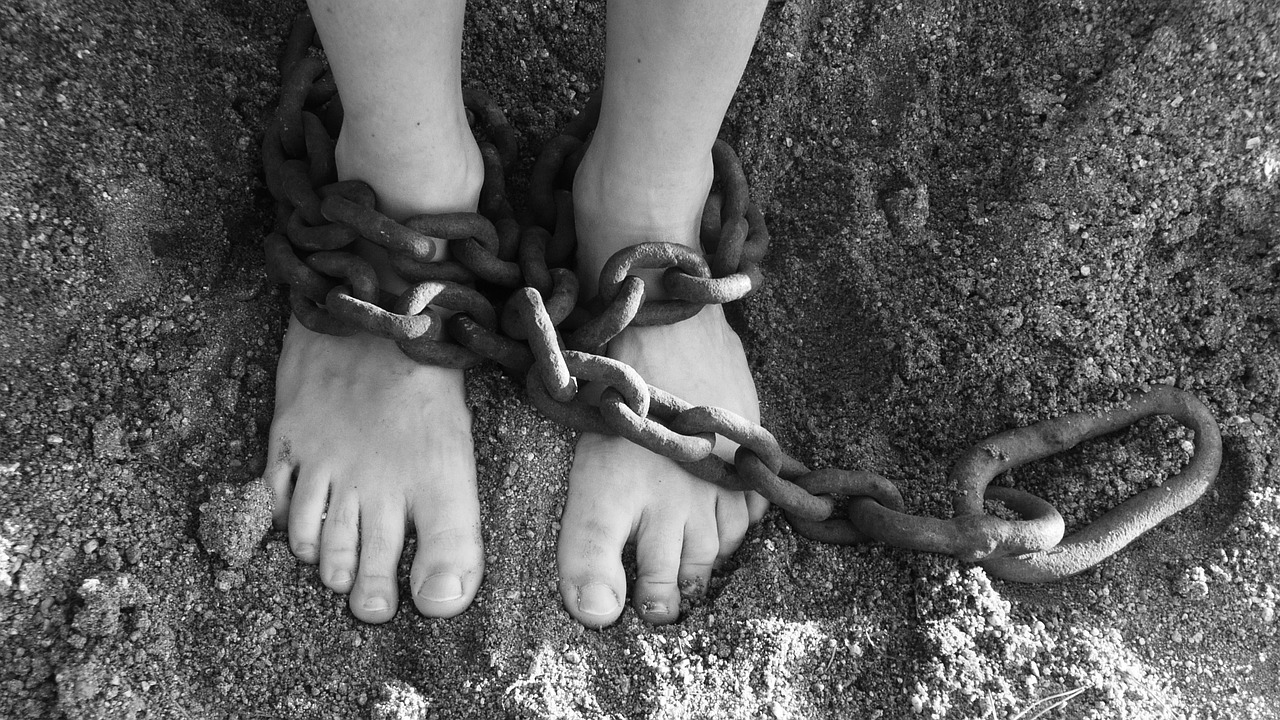
Types of Criminal Punishment
Incarceration
Incarceration involves the confinement of individuals in correctional facilities such as prisons or jails. It is one of the most common forms of criminal punishment and is typically reserved for more serious offenses. The duration of incarceration can vary depending on the severity of the crime and may range from months to years or even life imprisonment.
Imprisonment
Similar to incarceration, imprisonment involves the confinement of individuals convicted of criminal offenses. However, imprisonment specifically refers to the act of being deprived of liberty within a prison setting. It serves as a form of deterrence, incapacitation, and rehabilitation.
Fines
Fines are financial penalties imposed on individuals found guilty of committing crimes. The amount of the fine is determined by the court and is often based on the severity of the offense. Fines can serve as both a punishment and a deterrent, as individuals are required to pay a specific sum to the court as a consequence of their actions.
Community Service
Community service involves the performance of unpaid work in the community as a form of punishment for criminal offenses. Offenders may be required to complete a certain number of hours or days performing tasks that benefit the community, such as cleaning public spaces, assisting in charitable organizations, or engaging in mentoring programs.
Probation
Probation is a type of punishment that allows offenders to avoid incarceration by serving a period of supervision in the community. During probation, individuals are required to follow specific conditions and restrictions set by the court, such as regular check-ins with a probation officer, refraining from criminal activity, and attending rehabilitative programs.
Capital Punishment
Capital punishment, also known as the death penalty, represents the most severe form of criminal punishment. It involves the intentional killing of an individual convicted of a capital offense, such as murder. Capital punishment is highly controversial and has been abolished in many countries, while others still retain it as a legal sanction.
Sentencing Guidelines
Definition of Sentencing Guidelines
Sentencing guidelines are a set of rules or principles established by the legal system to help judges determine appropriate sentences for criminal offenses. They provide a framework that considers the gravity of the offense, the circumstances of the offender, and the objectives of punishment.
Role of Sentencing Guidelines
Sentencing guidelines aim to promote consistency and fairness in sentencing by providing judges with a structured approach. They help ensure that similar offenses receive similar punishment, reducing disparities in sentencing outcomes. Additionally, guidelines assist judges in considering relevant factors and objectives while imposing sentences.
Different Types of Sentencing Guidelines
There are various types of sentencing guidelines used in different jurisdictions. Some systems employ mandatory guidelines, which require judges to impose specific sentences based on predetermined criteria. Other systems use advisory guidelines, where judges have more discretion in sentencing but must consider the guidelines when determining the appropriate punishment.
Pros and Cons of Sentencing Guidelines
Sentencing guidelines have both advantages and disadvantages. On one hand, they promote consistency and transparency in sentencing outcomes, reducing the potential for biases and disparities. They also help ensure that sentences are proportionate to the severity of the offense and avoid excessive punishment. However, critics argue that guidelines may limit judicial discretion and fail to account for individual circumstances, potentially leading to unjust or ineffective sentences.
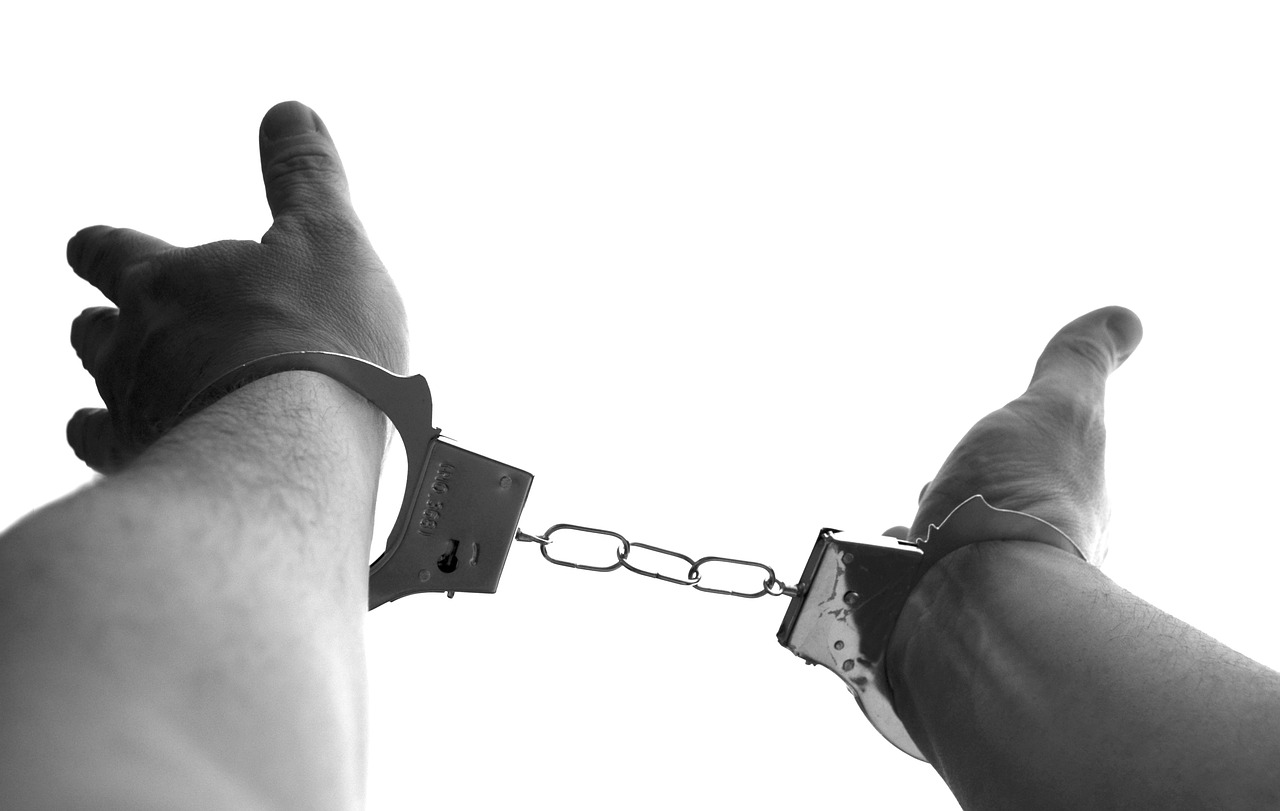
Factors Considered in Sentencing
Aggravating Factors
Aggravating factors refer to circumstances or characteristics of a crime that increase the severity of punishment. These factors may include the use of violence, the presence of vulnerable victims, the premeditated nature of the offense, or the defendant’s prior criminal history. Aggravating factors are taken into account during sentencing to justify harsher penalties.
Mitigating Factors
Mitigating factors, on the other hand, are circumstances or evidence that reduce the culpability of the defendant or provide justification for a lesser sentence. These factors may include the defendant’s lack of prior criminal record, their expression of remorse, cooperation with law enforcement, or mental health issues. Mitigating factors can influence the judge’s decision to impose a more lenient punishment.
Criminal History
A defendant’s criminal history is a significant factor considered in sentencing. Prior convictions, particularly for similar offenses, can lead to more severe punishments due to the defendant’s demonstrated propensity for criminal behavior. Conversely, individuals with limited or no criminal history may be granted more lenient sentences.
Victim Impact Statements
Victim impact statements allow victims of crimes to provide their perspective on the physical, emotional, and financial impact of the offense during the sentencing process. These statements provide an opportunity for victims to be heard and can impact the judge’s decision by highlighting the harm caused and the need for appropriate punishment.
Goals of Criminal Punishment
Retribution
Retribution is one of the primary goals of criminal punishment. It seeks to impose punishment on the offender as a form of revenge or payback for the harm caused to the victim and society. Retribution aims to restore a sense of justice and satisfy the public’s demand for accountability.
Deterrence
Deterrence focuses on preventing individuals from committing crimes by instilling fear of punishment. There are two types of deterrence: specific deterrence, which aims to deter the specific individual from reoffending, and general deterrence, which aims to deter others in society from engaging in criminal behavior through the punishment of one individual.
Rehabilitation
Rehabilitation aims to reform offenders and prepare them for a successful reintegration into society. It focuses on addressing the underlying causes of criminal behavior, providing educational and vocational opportunities, and offering therapeutic interventions to promote personal growth and decrease the likelihood of recidivism.
Incapacitation
Incapacitation involves removing offenders from society to prevent them from posing a threat to others. This can be achieved through incarceration or other forms of restrictive measures. Incapacitation ensures public safety by physically separating offenders from the community and limiting their ability to commit further crimes.
Restitution and Restoration
Restitution aims to compensate victims for the harm they have suffered by requiring offenders to repay or compensate for any financial losses incurred. Restoration, on the other hand, focuses on repairing the harm done to individuals, relationships, and communities through measures such as mediation, conflict resolution, and community-based programs.
Alternative Forms of Criminal Punishment
Definition of Alternative Forms of Punishment
Alternative forms of criminal punishment offer alternatives to traditional methods such as incarceration or fines. They focus on addressing the root causes of criminal behavior, providing rehabilitation, and promoting community involvement.
Advantages and Disadvantages
Alternative forms of punishment have several advantages. They often include rehabilitative programs that address the underlying issues that contribute to criminal behavior. They can also be more cost-effective compared to traditional forms of punishment. However, alternative punishments may face challenges such as scalability, public perception, and assessing their long-term effectiveness.
Examples of Alternative Forms
Some examples of alternative forms of punishment include probation, community service, fines, house arrest, boot camps, and diversion programs. These alternatives offer varying approaches to rehabilitation, community reintegration, and deterrence.
Effectiveness Compared to Traditional Punishments
The effectiveness of alternative forms of punishment compared to traditional methods is an ongoing topic of debate. Some studies suggest that alternative punishments can be more effective in reducing recidivism and addressing the underlying causes of criminal behavior, while others argue that the severity of punishment is crucial for deterrence and maintaining social order.
Probation
Definition of Probation
Probation is a form of criminal punishment that allows offenders to serve their sentences within the community, under the supervision of a probation officer, rather than being incarcerated. It provides an opportunity for rehabilitation and successful reintegration into society.
Conditions of Probation
Probation comes with specific conditions that offenders must adhere to during the period of supervision. These conditions may include regular check-ins with a probation officer, attending rehabilitative programs, abstaining from alcohol or drugs, maintaining employment or education, and refraining from any further illegal activity.
Benefits and Limitations of Probation
Probation offers several benefits both to offenders and the criminal justice system. It allows individuals to maintain their family and community ties, continue employment or education, and access rehabilitative services. From a system perspective, probation can be more cost-effective than incarceration. However, probation also has limitations, such as the risk of non-compliance and the need for adequate resources for supervision and support services.
Probation vs Incarceration
Probation and incarceration represent two different approaches to criminal punishment. While incarceration involves the physical confinement of offenders, probation allows individuals to remain in the community with certain conditions. The choice between probation and incarceration depends on various factors, including the severity of the offense, the criminal history of the offender, and the potential for rehabilitation.

Community Service
Definition of Community Service
Community service is a form of criminal punishment that requires offenders to perform unpaid work in the community as a means of reparative justice. It serves as an alternative to incarceration or fines and aims to rehabilitate offenders while benefiting the community.
Purpose and Benefits
The purpose of community service is twofold – to provide offenders with an opportunity to give back to society and to address the harm caused by their actions. Community service offers several benefits, including reintegration into the community, engagement in constructive activities, developing a sense of responsibility, and fostering empathy and understanding.
Types of Community Service
Community service can encompass a wide range of activities, depending on the needs of the community and the skills of the offenders. Examples of community service can include cleaning public spaces, assisting in homeless shelters, volunteering in schools or hospitals, or participating in environmental conservation efforts.
Examples of Community Service Programs
Many organizations and government agencies offer community service programs that facilitate the participation of offenders. These programs provide coordination, supervision, and support to ensure that community service is carried out effectively. Examples of community service programs include Restorative Justice programs, court-ordered community service programs, and partnership initiatives with nonprofit organizations.
Frequently Asked Questions about Criminal Punishment
What is the purpose of criminal punishment?
The purpose of criminal punishment is to maintain social order, deter individuals from committing crimes, hold offenders accountable for their actions, rehabilitate and reintegrate offenders into society, and provide justice for victims and their communities.
What are the different types of criminal punishment?
The different types of criminal punishment include incarceration, fines, community service, probation, capital punishment, and alternative forms such as house arrest, boot camps, and diversion programs.
What factors are considered in sentencing?
Factors considered in sentencing include aggravating factors (such as the use of violence or prior criminal history), mitigating factors (such as remorse or mental health issues), the defendant’s criminal history, and victim impact statements.
Are alternative forms of punishment effective?
The effectiveness of alternative forms of punishment compared to traditional methods is a topic of ongoing debate. Some studies suggest that alternative punishments can be more effective in reducing recidivism and addressing the underlying causes of criminal behavior, while others argue that the severity of punishment is crucial for deterrence and maintaining social order.
What is the public opinion on criminal punishment?
Public opinion on criminal punishment can vary depending on cultural, social, and political factors. While some individuals advocate for harsher punishments as a means of deterrence, others emphasize the importance of rehabilitation and community-based approaches. Public opinion is often shaped by media portrayals, personal experiences, and perceptions of justice and fairness.
